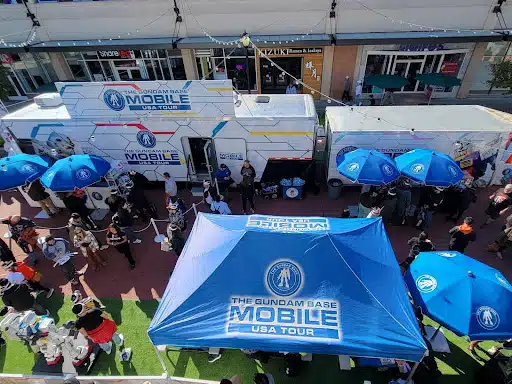Event Production
- Meetings
- Conferences
- B2B
- B2C
- Trade Shows
- Anything else…
Does your team have what it takes? Can you handle internally or do you need to outsource? There are so many questions raised by the mere concept of activating an event.
Planning an event takes time, resources, and foresight. Whether you are planning a small or large event, these 6 key focal points will provide you and/or your agency with a good foundation to host a great event.
- Goal of the event – First things first. Why are we here? Everyone involved with the event should be aware of the event goals.
- What do you want to have happen at the end of the event?
- Will attendees take-away from the event?
- Will attendees have a memory they can share about socially and via word-of-mouth?
- Master Plan – Start making your list. It’s long, and will just get longer as you uncover your event’s needs. In addition to the big pieces we just talked about, your list will likely include all the specifics on the venue, a/v, catering, run of show, staff, equipment rental, etc.
- Vendor Partners – Once you have your list, decide what will be outsourced and what can be handled internally. Running things in-house might seem economical, but consider the possible sacrifice in quality. Hiring everything out to third-parties will keep your hands free, but might limit what you’re able to provide. There’s no right answer here, as every event is unique. Consider all the angles before rushing headlong into a decision that affects your whole plan.
- Location, location, location – The venue is key to the success of your event. Get all of the information that you can get ahead of time.
- Where is it located?
- What services do they provide?
- What limitations do they set?
- What are the scheduling considerations?
- Team – Put your activation team together. Whether it is an internal team or a combination of your team and an agency partner, ensure you have put together a cohesive and hard-working team.
- Always be prepared – Murphy’s Law applies here. Have back-up plans. Think about everything that could go wrong…and be prepared for the things you haven’t thought of.
Focusing on these areas will help ensure that your next event goes smoothly, your attendees enjoy the event, and you meet your goals and objectives. It’s not simple. If it were, everyone would always run the best events. It takes dedication, experience, connections, and hard work to produce flawless events that achieve goals.
Look at your team. Look into your agency. Before you plan an event, get the best people on the job.
Want more information? Give us a call.




